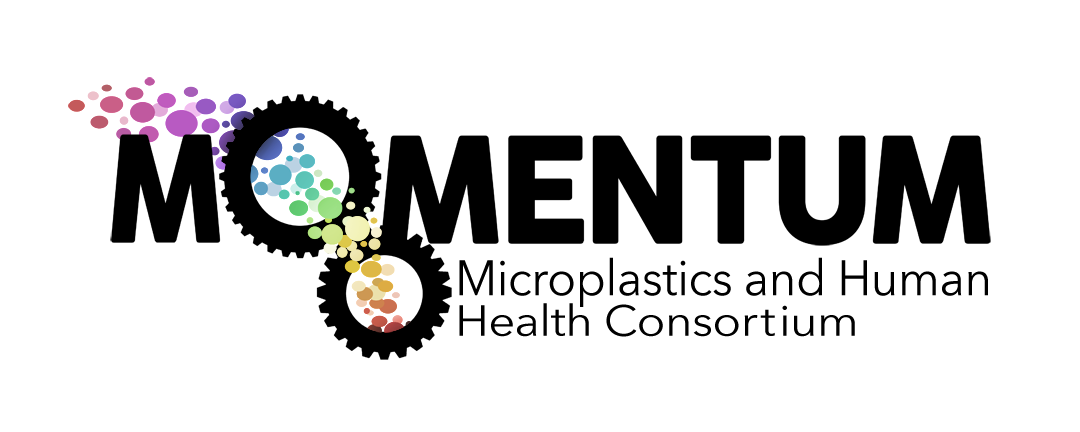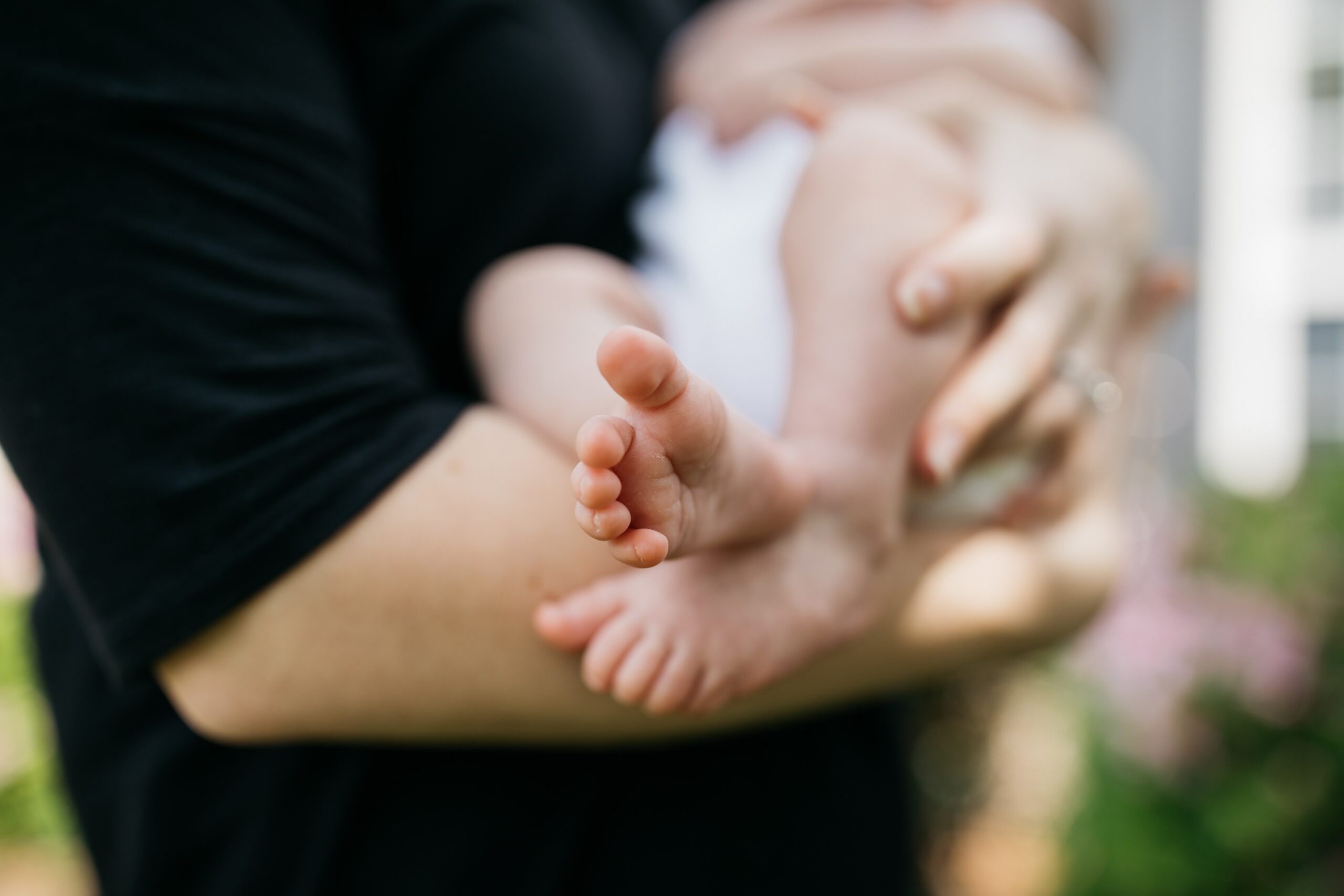News
Microplastics found in human breast milk for the first time
Researchers are concerned over potential health impacts of chemical contaminants on babies.
Source: The Guardian
Microplastics have been detected in human breast milk for the first time, with researchers greatly concerned over the potential health impacts on babies. Infants are especially vulnerable to chemical contaminants and the scientists said further research was urgently needed. But they stressed that breastfeeding remained by far the best way to feed a baby.
The breast milk samples were taken from 34 healthy mothers, a week after giving birth in Rome, Italy. Microplastics were detected in 75% of them. Previous research has shown toxic effects of microplastics in human cell lines, lab animals and marine wildlife but the impact on living humans remains unknown. Plastics often contain harmful chemicals, such as phthalates, which have been found in breast milk before.
Microplastics were revealed to be present in human blood in March by a team led by Prof Dick Vethaak, at Vrije Universiteit Amsterdam in the Netherlands. “The new study provides preliminary evidence that microplastics are present in human breast milk [but] more studies with a higher number of samples, and preferably using other methods, are urgently needed to confirm it,” he said. “We are hard at work collecting this data.
“We see only the tip of the iceberg with microplastics. Smaller nano-sized plastics are likely more prevalent and toxic. However, it is currently impossible to analyse nanoplastics in complex matrices, such as breastmilk.
“As yet, there is no knowledge about the possible impact of microplastics and related contaminants on the suckling infant. Therefore, there is an urgent need for more studies because early life stages, newborns, and young children seem more susceptible to chemical and particle exposure. This should be a health research priority.”




